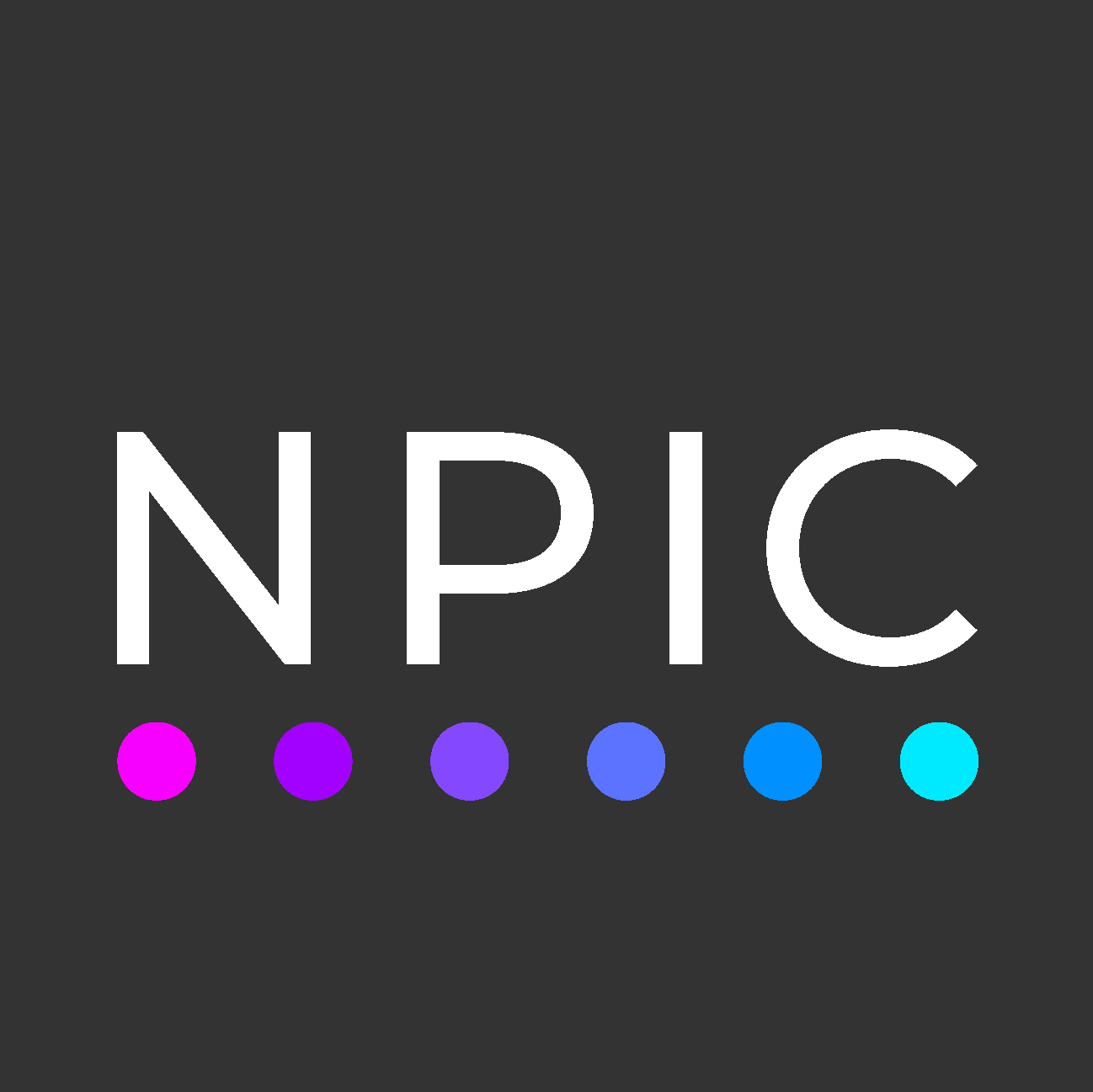NPIC has created a national digital pathology system for the NHS with the aims of supporting:
- Full Digitisation of 3 NHS pathology networks in the North of England
- A national network for children’s cancer
- A national network for soft tissue and bone tumours (sarcoma)
Over the next 2 years the NPIC network will grow to include up to 30 hospitals in the NHS, scanning approximately 3 million images per year, creating the biggest national digital pathology network in the world.
To find out more about the NPIC Deployment Team, or if you would like to discuss joining NPIC, then please reach out to the team, click on the link > NPIC Deployment Team

NPIC Platform Overview
A single Digital Pathology solution has been recognised as key requirement to support clinical pathology services, both regionally and on a national level; enabling better use of pathology data and the creation of innovative, image analysis and artificial intelligence based diagnostic techniques.
The NPIC programme is underpinned by Information Technology and the delivery of a range of digital solutions. NPIC in partnership with expert industry partners are providing a single national Digital Pathology Solution, providing the infrastructure for a centralised whole slide imaging repository, including a fully hosted secure and stable infrastructure platform and digital PACS (Picture Archive and Communications) System, that has the capability to scale up to support the entire NHS.

Benefits of Joining NPIC
The principal benefits of adopting the National NPIC Digital Pathology Solution can support improving diagnostic workflow, improving workforce factors, improving service quality and financial benefits, with improvement in any one domain likely to contribute to improvement in all other domains:
Clinical Use Cases
- Faster 2nd opinions for diagnosis, regional and national
- Retain critical clinical resources within pathology / Attract new consultants within the workforce (work-life balance)
- Improved turnaround time for patient diagnosis
- Reduction in staff time spent assembling, filing, despatching, retrieving archive cases. Including chasing missing slides, recuts for damaged/missing glass slides
- Sustainable pathology workforce across the Network
- Reduces carbon footprint through reduced travel and transport of glass slides
- Value of providing improved, more efficient training to NHS histopathologists
- Instant retrieval of cases digitally vs. 1-14 days for glass slides
- Reduce costs of recuts due to deteriorated slides / lost slides / broken slides
- Improved access to second opinions leading to reduction in the costs to NHS of incorrect diagnosis of tumours from chemotherapy use, surgery and litigation
- Support for national specialist networks (e.g. sarcoma, paediatric, neuropathology, perinatal, transplant
- National Archive of digital images
- Teaching library functionality to support the current & next generation of workforce
- Access to pathology reporting pool
- National worklist to distribute work
- Facilitating ability to insource and outsource caseloads within the NHS or Private Sector (Future capability)
Artificial Intelligence
- AI training across multiple sites
- Accelerate ability to deploy A.I capabilities to ALL the NHS (One Click Deployment)
- Extract and anonymise data for AI or research
- Centralised Machine Learning operations team
Costs & Total Costs of Ownership
- Volume savings on PACS Licencing – Economies of scale
- Substantial reduction in local infrastructure costs
- Reduction of spend on outsourcing / locums and overtime to support reporting of patient cases
- Reduction in costs to transport glass slides within the network
- Improved workflows and efficiencies for consultants and within the laboratory
- Reduced financial penalties
- Reduced litigation costs
- Improved efficiency of MDTs regionally & nationally
- Reduction in travel costs due to remote working and remote MDTs
